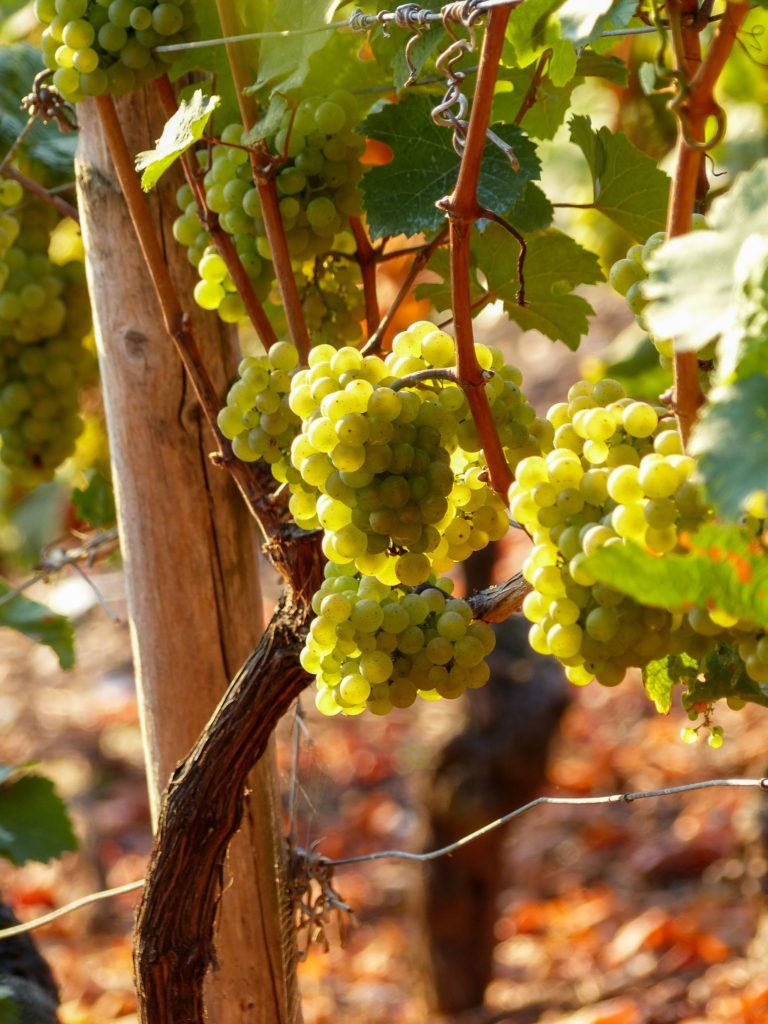
After taking some time to reflect upon the Good Shepherd last week, we note the suggestion – well more like a direct reference – to Jesus’ call to more than one flock. There’s another flock, to which we may not be aware of, or even want to see, but are there: to be loved and cherished. This inclusivity seems catching: but inclusivity : for whom?
The Final ‘I am’
It all starts like some Rocky Stallone film with the final “I am’. (Albeit ‘the Final Countdown’ was never in any of the Rocky films – a facet of the Mandela Effect) John 15:1-8 is part of what is known as the Farewell Discourse. It’s like a part of the Gospel which gives instructions on what life may be like without Jesus.
I am the vine, the true one
John 15:1a
But which one? Now, I am not what could be described as an avid gardener. I used to grow carrots in my time, the odd flimsy cabbage and Brussel Sprouts – but why because I can’t stand them. Oh and teddies, they are easy to grow, pile up the soil and they’ll do the rest. My Dad even grew some in an old rubbish bin. Amazing. It was my Grandad from North Devon who grew grapes in a wooden greenhouse. Not too sure which was more sturdy really: the greenhouse or the vine. For one had stood firm in all weathers, whilst the other had grown and filled the void. Whereas one had started to show its age, the other would ‘take the weight’ to a degree. Vines are a good metaphor in Scripture.
Vineyards a-plenty
In the Hebrew Scriptures, vineyards flow majestically, mainly as the term is used to describe Israel, one that will flourish. Leviticus 19:10 speaks of the vineyard providing for the poor; Deuteronomy 20:6 enquires whether the battle weary should return to the vineyard to gather in the fruit; the vineyard pays well, for in Song of Solomon 8:12 the keeper gets 200 silver coins, although Solomon gets 1000 – tadge unfair perhaps. In Isaiah 5:1-7 there is a passage which speaks of Israel, as this vineyard, about to be ravaged by the Assyrians: God expecting justice but getting bloodshed, hoping for righteousness only to hear a cry. Actually that last line is a Hebrew series of puns, the removal of one letter changing the meaning from one to the other [1].

But today we may speak of a number of vines: green beans and peas are a form of vine. Either by using bamboo poles or long branches they can grow up to head height – good for easy picking. They are fruitful and bring a succession of the crop – if you know how to grow them. But there is also that vine known as ivy, which can be good to look at, but is invasive and possibly overwhelming on our property. They all need support of some kind. A form of inclusivity : for whom?
The New Testament adds to these stories with the Parable of the Vineyard, which we heard at the end of last year.
Whom do we support?
If, as in this metaphor, God is the one whom tends to the vines; so, what does support from God look/feel like in 2021?
Abiding
That hymn Abide with Me, typically chosen to sing just prior to a football cup final down south – that shows my age : what does it really mean?
To abide means to dwell, live, holding out and/or stay. But surely the emphasis should be ‘with me’: we should seek to abide with me. How might God abide in us? Jesus has given us a series of words, guidance on how to live, so we can entwine ourselves with that; however, God is a necessary part of that vineyard. Therefore, when we speak of ‘Abide in me’ we are asking not only to include Jesus’ words and actions but also allow God’s love to flow throughout our life. So, as that love touches others we form part of God’s community. Something which isn’t static but growing evolving, living and thriving: imagine bubbles. It is a structure where every part, every person affects the other. And that other may not necessarily be part of the Church. We are all part of this : inclusivity : for whom?
How do we, as Church, live as Jesus: in terms of our worship, or our teaching, our hospitality, and/or how we spend money?
Pruning
Ouch that nasty part, where the gardener removes not just dead wood but prunes back growth from this year to allow the plant to grow even more, and importantly to bear fruit. It is not about long stalks or how high it can grow, but what fruit can it bear? And you might be expecting me to speak about what pruning can God do with us…no…my question to us is different:
Is the Church withering, does it need pruning in some way? Where do we see the fruit in the coming months and years?
I’d also like to make reference to another passage this week, that of Acts 8:26-40. It’s where Philip gets on his lightweight trainers and starts to do some sprinting.
Where is God?
There is this Eunuch….screech of brakes. What? (Mumbles quietly, someone who has been castrated at birth to make them ‘safe among women’). And continue.
This Eunuch is quite wealthy it would seem. They have the use of a Chariot and have been on a pilgrimage from Egypt to Jerusalem: but not all has gone well. There is an awareness of the book of Isaiah…and they are reading a Greek translation of the Hebrew – this person is educated! They are also able to accept that what they can read, they don’t understand. Been there, done that one!
I’m not sure that makes Philip run at speed to catch up with the Chariot – the possibility of a free ride at Noon perhaps? It is a bit like the Emmaus Road again. Whereas Cleopas and his wife are confused at all that has gone on recently, they needed a mysterious traveller to help ‘open their mind’. Here Philip endeavours to do exactly that.

But this Eunuch is from Sudan, and comes from the Royal Queen or Candance (her name was possibly Amantitere). The passage that the Eunuch was struggling with Isaiah 53:7-8. Although the Talmud would link the suffering servant with Moses, Christians have found a link with Jesus [2]. If the Eunuch had read a bit further, onto Isaiah 56:4-5 (albeit Trito-Isaiah, so may have been added later when everyone had returned from the Babylonian exile) he would have read:
To the Eunuchs who keep my Sabbaths…I will give them an everlasting name that shall not be cut off…
Isaiah 56: 4-5
This is quite contrary to Deuteronomy 23:1 which stipulates that no Eunuch shall be admitted to the assembly of the Lord. It would seem that adherence of the sabbath might permit some form of acceptance. It’s an entry door, one of inclusivity perhaps? It’s like the Eunuch, who has not found the response they sought at the Temple was open to an explanation by someone hot footing it alongside their carriage.
Inclusivity
It’s like the cast-out Eunuch whom seeks to know more of God finds God in a local who has been told to wander that deserted track at Noon.
Or Philip finding God in a supposedly unclean individual.
Or even like us seeing one another as a child of God, regardless of race, colour, language and sexual orientation. It’s taking that God-given opportunity to speak in words that we normally speak to explain what we think God is all about.
Barbara Brown Taylor wrote that it was “like a diplomat in Washington, D.C., inviting a street preacher to join him in his late model Lexus for a little Bible study.”
What example could you give of this for today?
[1] Michael D. Coogan, ed., The New Oxford Annotated Bible : New Revised Standard Version With The Apocrypha, (Oxford : Oxford University Press, 2010), p. 974 footnote
[2] Michael D. Coogan, ed., The New Oxford Annotated Bible : New Revised Standard Version With The Apocrypha, (Oxford : Oxford University Press, 2010), p. 1039 footnote
Cover Photo from here, with thanks

